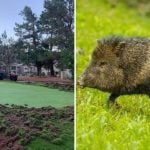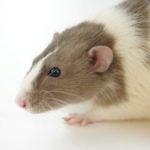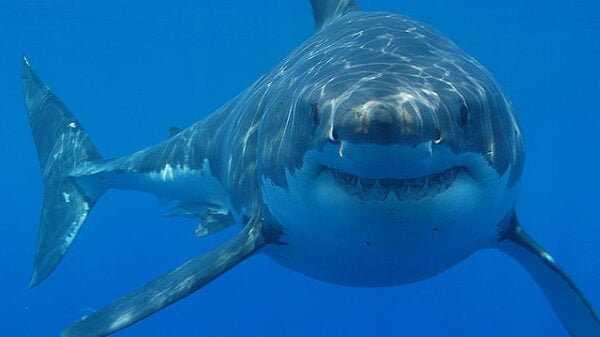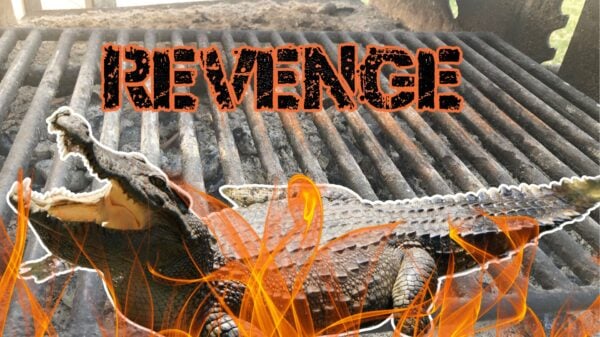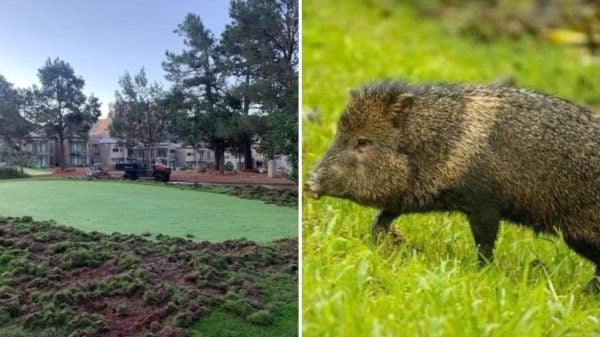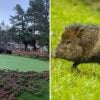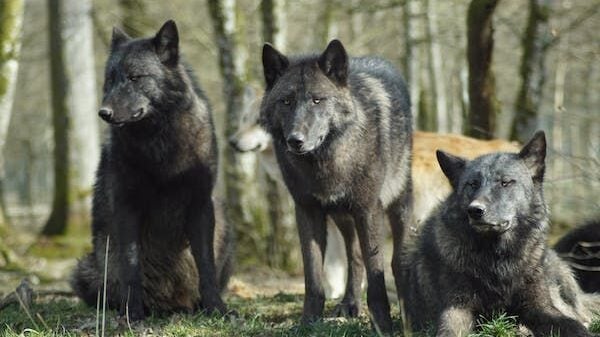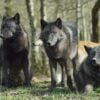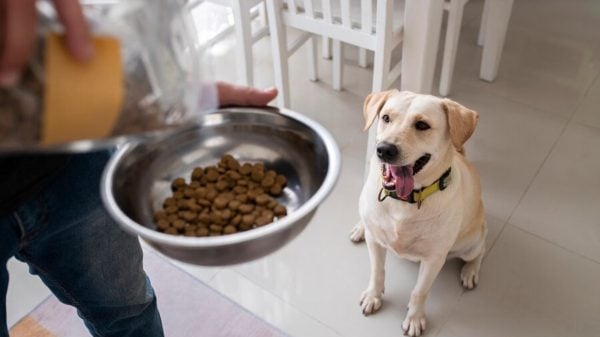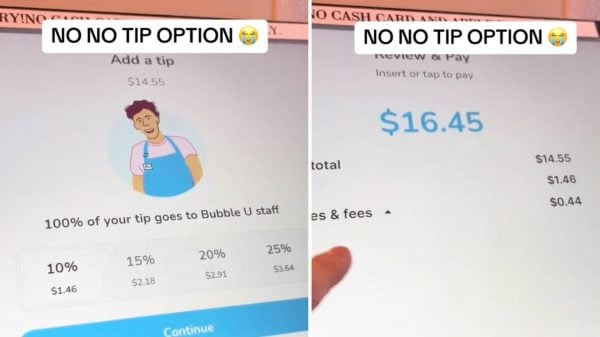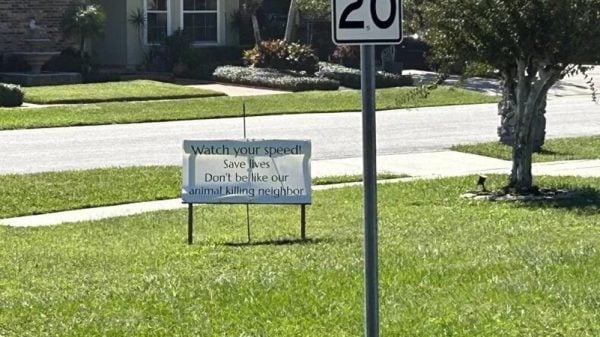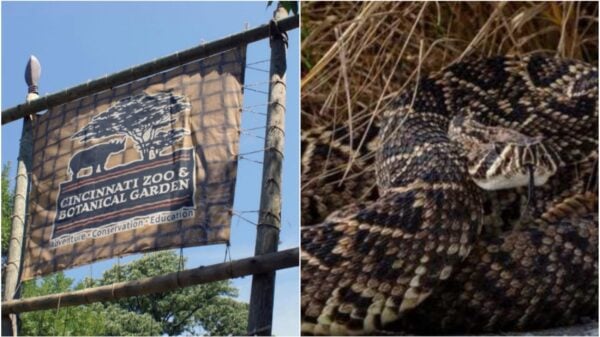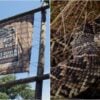In 2019, the Wildlife Waystation was forced to shut down after facing financial difficulty. After the closing, the California Department of Fish and Wildlife worked to relocate the animals residing at the Los Angeles sanctuary to a number of homes around the United States.
However, the department noted the difficulty of trying to find a new home for 42 chimps.
According to Ed Pert, the regional manager for the California Department of Fish and Wildlife, “ finding homes for several of the animals, including reptiles, birds, jaguars, bears, lions, and tigers, was relatively stress-free. He even noted that housing primates from the Wildlife Waystation was easy as well. Unfortunately, chimpanzees are a notoriously difficult species to find homes for.
Luckily for the seven chimps that were part of this story, homes were found. A chimp who goes by the name of Vanilla was one of those lucky seven that were rehomed in a Florida sanctuary, alongside his friends, including Ernest, Jeff, Magic, and Shake.
All new chimps have to go through a quarantine process before they’re introduced to the larger groups, and Vanilla and her family had to as well. Now, Vanilla and her family are fully integrated with the rest of the chimps in their new Florida sanctuary.
Though her childlike curiosity might not make it obvious, Vanilla is 28 years old. Unfortunately, she was caged her entire life and never had the opportunity to see the sky from the outside world.
Her early years were spent at a biomedical research laboratory in New York, where many of the chimps were locked away in small cages. According to the chimpanzee sanctuary, Save the Chimps, the laboratory put them in bird-like cages that were suspended from the ground.
Even when she finally made it to the animal sanctuary in California in 1995, her home was a cage with a top on it, completely blocking her view of the sky above.
When the door finally opened up to a brand new world that Vanilla and many of her family members had never seen before, it was clear that she was feeling some hesitation. A spokesperson from Save the Chimps noted that Shake was more than happy to run out into the “outdoor island” without a lick of hesitation, though Vanilla was quite wary.
It wasn’t until Dwight, the group’s alpha male, invited Vanilla to join them outside that she made her first move.
The sanctuary ended up capturing a heartwarming video with Vanilla leaping into Dwight’s arms and getting a look at the open sky for the first time in her life.
As of today, it is estimated that there are around 1,000 chimps kept in zoos worldwide, though no more than a few hundred of these institutions are accredited. While chimpanzees certainly have improved well-being and welfare compared to earlier zoo days, where they were often kept alone in tiny, sterile cages for the entertainment of the public, there is still more work to be done.
Even when the European Union passed a great ape experimentation ban in 2010, the United States government continued to conduct invasive chimpanzee experiments. At the time, around 80% of chimps in US laboratories were put into warehouses, as they were no longer required for experimentation.
These were chimp prisons, where these creatures were often deprived of their autonomy, freedom, and essential social interactions, such as grooming and nest building. Many chimps lost their minds in these cold, hard prison cells, all while they were purposely given diseases like cancer, hepatitis, and HIV to pave the way for advances in human pharmacology.
In 2015, the National Academy of Sciences Institute of Medicine announced that it was going to release all of the federally owned chimps to national sanctuaries, which was the effective end of chimpanzee experimentation.
While these developments have certainly been historical, there are still many chimpanzees that have yet to be transferred out of federally owned laboratories, and many have died in limbo. Understanding this makes stories like Vanilla’s all the more important, and we can only hope that the world finds more ways to show love to our closest living genetic relatives.












